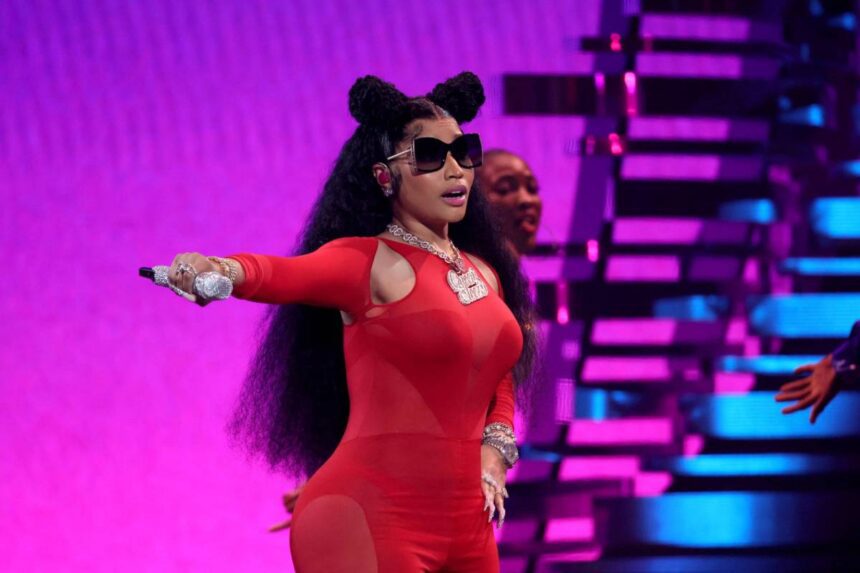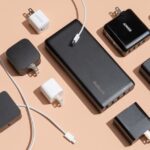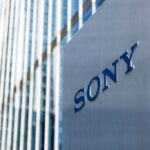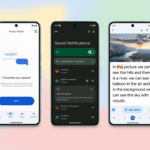A collective of 200 musicians has signed an open letter urging tech companies to refrain from undermining human creativity through the use of AI-generated music tools.
The list of signatories includes a diverse range of artists such as Billie Eilish, Bob Marley estate, Chappell Roan, Elvis Costello, Greta Van Fleet, Imagine Dragons, Jon Bon Jovi, Jonas Brothers, Kacey Musgraves, Katy Perry, Mac DeMarco, Miranda Lambert, Mumford & Sons, Nicki Minaj, Noah Kahan, Pearl Jam, Sheryl Crow, and Zayn Malik, among others.
The letter highlights the potential threats posed by irresponsible use of AI, emphasizing the dangers to privacy, identities, music, and livelihoods of artists. It points out how major companies are utilizing artists’ work without consent to train AI models, leading to detrimental consequences for musicians striving to make a living.
The evolving AI models that create new music, art, and literature rely on extensive datasets of existing works, making it challenging for artists to prevent their work from being used in these models. This situation parallels efforts to combat music piracy, underscoring the growing capability of AI to produce convincing deepfakes.
While companies like Adobe and Stability AI are developing AI music generators using licensed or royalty-free music, concerns remain over potential adverse effects on artists who create music for various media outlets.
Artists have historically faced challenges as technology advances, from the era of file-sharing to the current streaming landscape that often provides inadequate compensation. The Union of Musicians and Allied Workers has advocated for fairer streaming royalties, citing Spotify’s average rate of about $0.0038 per stream.
Authors have also expressed reservations about generative AI, with over 15,000 writers, including James Patterson, Michael Chabon, Suzanne Collins, and Roxane Gay, signing a letter addressing tech giants like OpenAI, Alphabet, Meta, Stability AI, IBM, and Microsoft.
The concerns raised by both musicians and authors highlight the urgent need to address the misuse of AI to safeguard artistic integrity and creative ecosystems.









